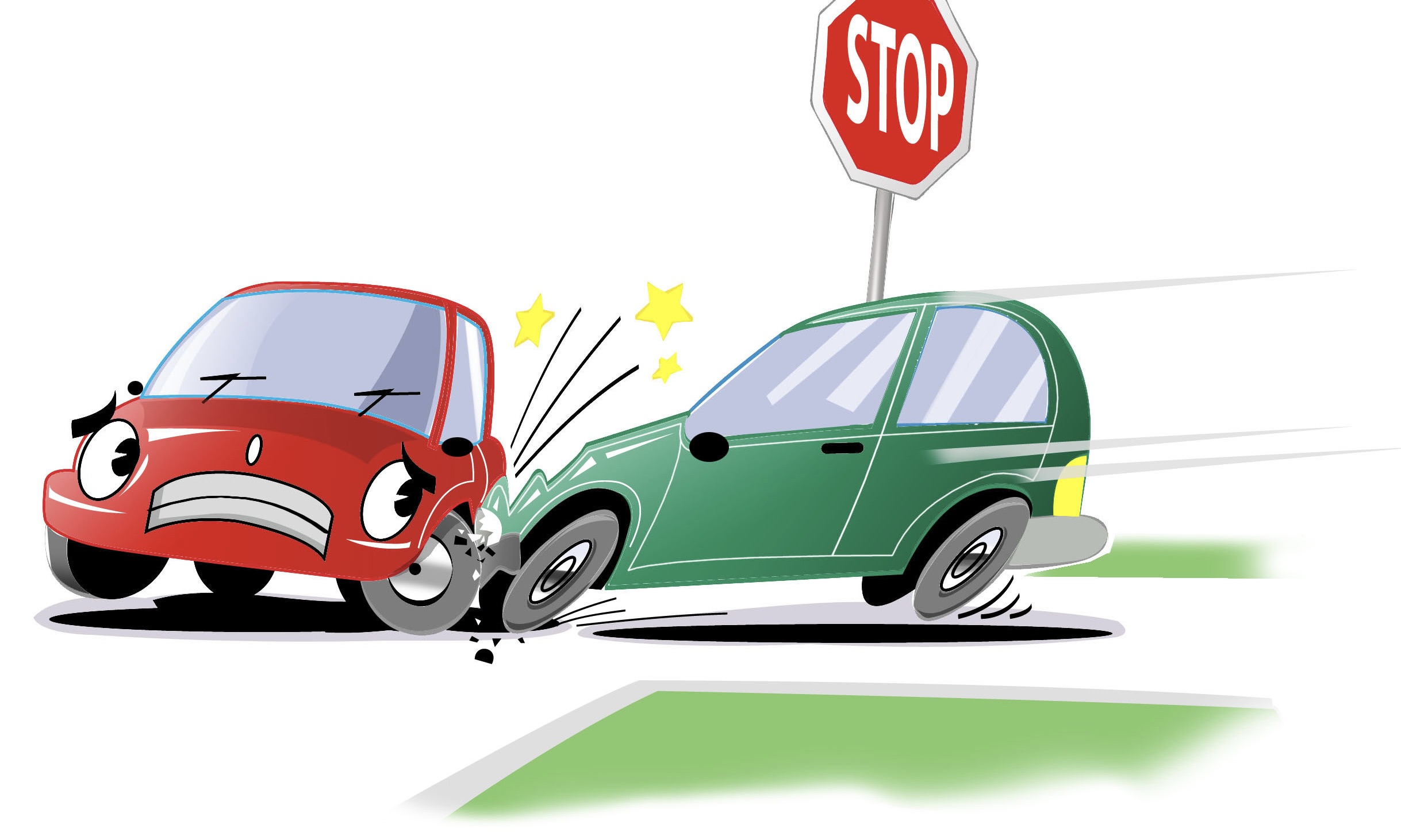A car accident can be a stressful and overwhelming experience. Knowing the proper steps to take immediately after a collision can protect your health, your legal rights, and your ability to recover compensation for damages. The following guidelines will help you handle the situation safely and effectively.
1. Stay at the Scene
If the accident results in significant property damage or injury, you are legally required to remain at the scene until law enforcement arrives. Leaving the scene can lead to serious legal consequences, including fines and criminal charges.
While waiting, turn on your hazard lights to warn approaching vehicles. If it’s safe, place flares or reflective warning triangles to alert other drivers and prevent further accidents.
2. Check for Injuries and Call for Help
First, assess yourself and others for injuries. Do not attempt to move anyone who is hurt, as this can worsen injuries. Instead, call 911 immediately (or have someone else do it) and provide the dispatcher with:
- The number of people injured
- The nature and severity of injuries
- The location of the accident
Prompt and accurate information helps ensure the right emergency personnel and equipment are dispatched.
3. Exchange Information
Gather important details from all drivers involved, including:
- Full name, address, and phone number
- Driver’s license number
- Insurance company and policy number
- License plate number
- Vehicle make, model, and year
If the driver is operating a company vehicle, also record the company’s name and contact details.
Additionally, collect names and contact information from any witnesses. If police respond to the scene, request the officer’s business card and the incident number—this will help you obtain the police report later.
4. Do Not Admit Fault
Even if you believe you may have caused the accident, avoid admitting liability. Accident causes can be complex, and other factors—such as the actions of the other driver—may have contributed. Limit your statements to factual descriptions when speaking with police and let them determine fault based on their investigation.
5. Seek Medical Attention Promptly
After an accident, adrenaline can mask pain and injury symptoms. Get checked by a medical professional as soon as possible to identify injuries early and document them for insurance or legal purposes.
Some injuries, such as concussions or internal trauma, may not present immediate symptoms. Seek medical care immediately if you experience:
- Head impact during the collision
- Dizziness or loss of balance
- Ringing in the ears
- Memory loss or confusion
- Fluid or blood from the ears
- Any unusual physical sensations
Prompt treatment can improve recovery outcomes and protect your legal claim.
Protect Your Rights
If you’ve been injured in a car accident, consider contacting an experienced car accident attorney. An attorney can help you navigate insurance claims, gather evidence, and ensure you receive fair compensation for medical bills, lost wages, and other damages.
Disclaimer: This article is for informational purposes only and does not constitute legal advice. For advice specific to your situation, please consult with a licensed attorney.

